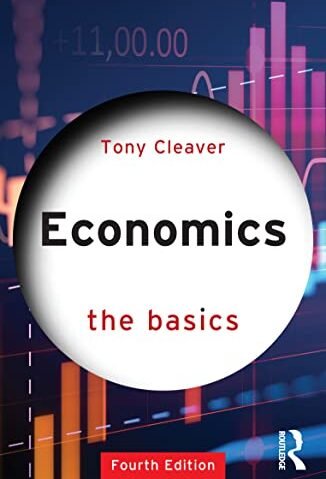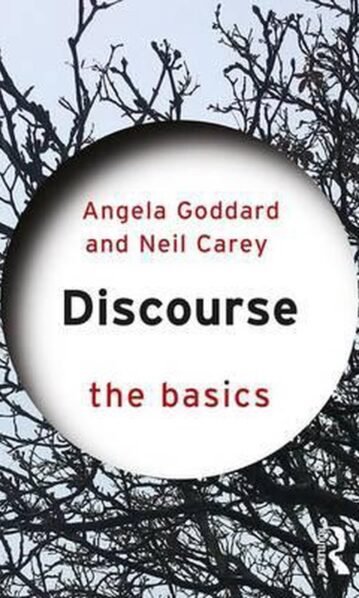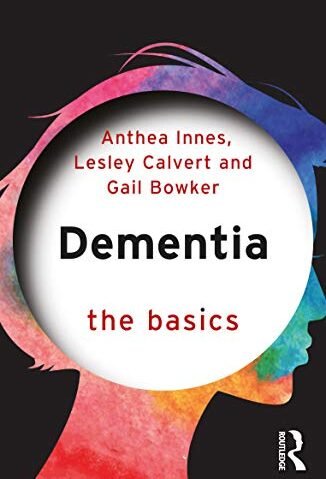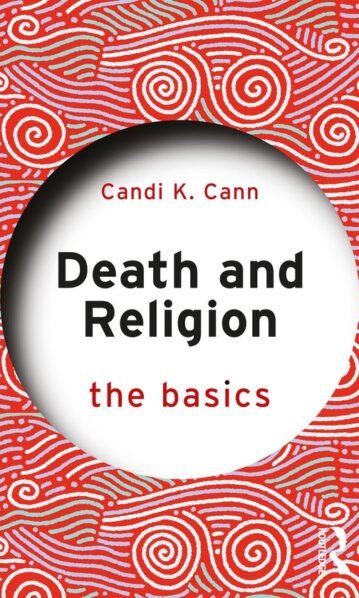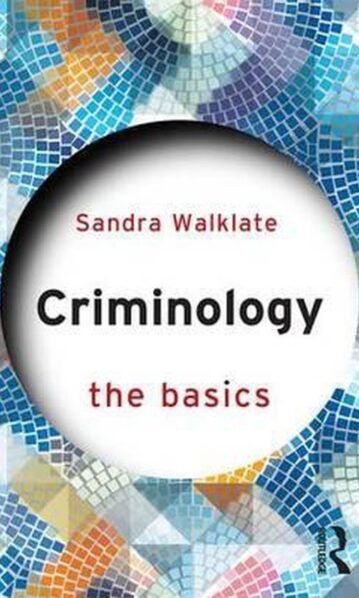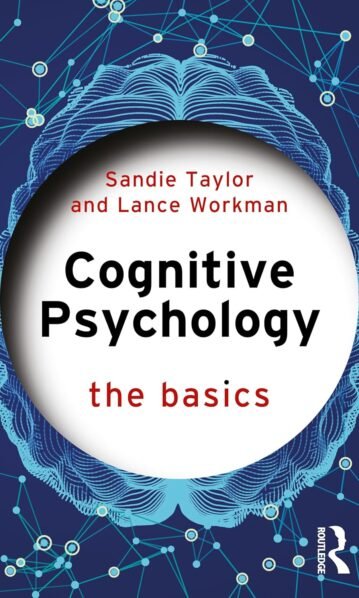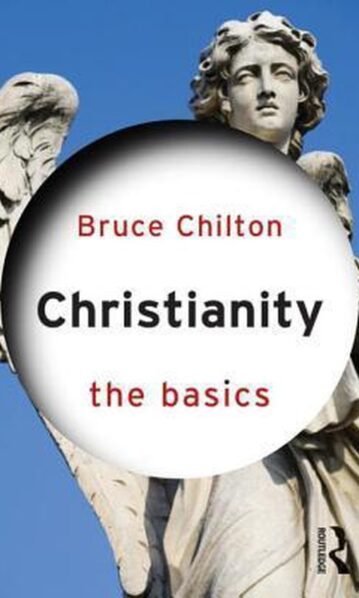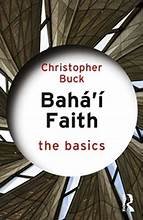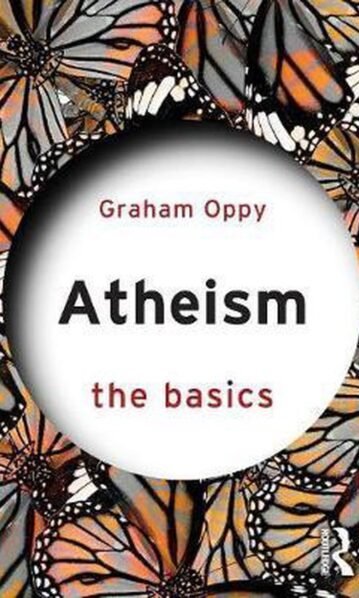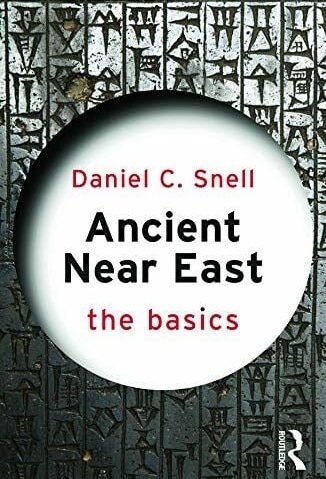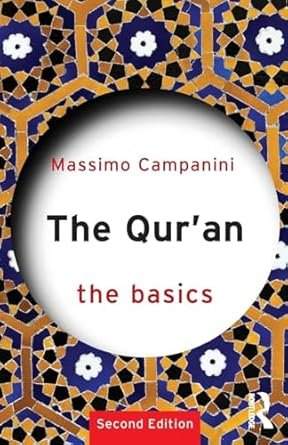თხელი
Economics
68,00 ₾Now in its fourth edition. Economics: The Basics continues to provide an engaging and topical introduction to the key issues in contemporary economics.
The new edition has been fully updated to take into account recent world economic events and key developments. such as the impact of the Covid-19 pandemic and the war in Ukraine. recurring financial crises. deglobalisation and changing patterns in international trade. the rise of China. the digital economy. rising inflation. and housing and currency markets. It covers fundamental issues. including:
How different economic systems function
The boom-and-bust cycle of market economies
The impact of multinational corporations
How price. supply and demand interact
The role of the banking and finance industry
Whether we can reduce poverty and protect the environment
With a glossary of terms. suggestions for further reading and new case studies. this comprehensive and accessible guide is essential reading for first-year undergraduate economics students and anyone who wants to understand how economics works.
Eastern Philosophy: The Basics
72,00 ₾Eastern Philosophy: The Basics is an essential introduction to major Indian and Chinese philosophies. both past and present. Exploring familiar metaphysical and ethical questions from the perspectives offered by a range of eastern philosophies. including Confucianism. Daoism. the main Buddhist and Hindu philosophical schools. as well as Jainism. this book covers key figures. issues. methods and concepts.
Questions discussed include:
What is the ‘self’?
Is human nature inherently good or bad?
How is the mind related to the world?
How can you live an authentic life?
What is the fundamental nature of reality?
With timelines highlighting key figures and their contributions. a list of useful websites. pronunciation guides and further reading suggestions. Eastern Philosophy: The Basics provides an engaging overview of fundamental ideas in eastern philosophy. The second edition has been thoroughly revised and updated to take account of the most recent scholarship. It includes study questions for each chapter. an updated bibliography. a new section on the Yijing and expanded discussion of Indian philosophies and their basis in experience. Eastern Philosophy: The Basics is valuable reading for all students of philosophy and religion. especially those seeking to understand eastern thought.
Discourse: The Basics
72,00 ₾Humans are social animals and are constantly interacting with each other through conversation. written communication. symbols and other expressions . Discourse: The Basics is an accessible and engaging introduction to the analysis of those interactions and the many forms and meanings they can take. The book draws on a range of international case studies and examples from literature. political speech. advertising and newspaper articles to address key questions such as:
What is discourse?
Why are there different approaches to understanding discourse?
How are individual interactions connected with the larger discourses that frame our ways of thinking and behaving?
How can discourse be analysed and researched?
Discourse: The Basics includes subject summaries. a glossary of key terms and suggestions for further reading. It will be of particular relevance to students of language and the social sciences but also useful to all students who are interested in how meanings are made.
Dementia: The Basics
68,00 ₾Dementia: The Basics provides the reader with a clear and compassionate introduction to dementia and an accessible guide to dealing with different parts of the dementia journey. from pre-diagnosis and diagnosis to post-diagnostic support. increasing care needs and end of life care.
Co-authored by an academic. a person living with dementia and a family carer. the book endeavours to raise awareness of dementia. challenge stereotypical and negative ideas about what it means to have dementia and champion a society where people living with dementia can be active as they wish for as long as possible. The authors present an overview of current research at each step of the dementia journey as well as including knowledge from lived experience. enhancing understanding and challenging thinking about what it might be like to live with a diagnosis or to care for a loved one. As a whole. the book emphasises the importance of prioritising the person living with dementia. as well as considering the impact of what any initiative or action might mean for them. their families and their care supporters.
Offering both an accessible introduction to dementia and practical tools. this book will be ideal for health and social care professionals. students of social care. health care and nursing. people with dementia. carers and anyone wanting to understand more about the condition.
Death and Religion: The Basics
62,00 ₾Death and Religion: The Basics provides a thorough and accessible introduction to dying. death. grief. and conceptions of the afterlife in world religions.
It leads readers through considerations of how we understand meanings of death and after-death. and the theories and practices attached to these states of being. with recourse to various religious worldviews: Judaism. Islam. Christianity. Hinduism. Sikhism. Buddhism. Chinese Religions. and Native American belief systems. This inter-religious approach provides a rich. dynamic survey of varying and evolving cultural attitudes to death. Topics covered include:
Religious perspectives of “the good death”
Grief. bereavement. and mourning
Stages and definitions of death
Burial. cremation. and disposition
Remembrance rituals
Religious theories of the afterlife
Death and technology
Featuring a glossary. suggestions for further reading in each chapter and key terms. this is the ideal text for students approaching the intersection of death and religion for the first time. and those in the fields of religious studies. thanatology. anthropology. philosophy. and sociology.
Criminology: The Basics
72,00 ₾Criminology is a discipline that is constituted by its subject matter rather than being bound by an agreed set of concepts or way of thinking. This fully updated third edition of Criminology: The Basics is a lively and engaging guide to this compelling and complex subject. Topics covered include:
the history and development of criminology
myths about crime and offenders
the search for criminological explanation
victims of crime and state crime
crime prevention. cybercrime. and the future of crime control
criminology and intersectionality
This edition also includes new sections on genocide. terrorism. cultural victimology. and Westo-centric thinking.
Concise and accessible. this book utilises chapter summaries. exercise questions and lists of further reading to provide a perfect introduction to this subject.
Contemporary Literature: The Basics
72,00 ₾‘Contemporary Literature’ is among the most popular areas of literary study but it can be a difficult one to define. This book equips readers with the necessary tools to take an analytical and systematic approach to contemporary texts. The author provides answers to some of the critical questions in the field:
What makes a literary text contemporary?
Is it possible to have a canon of contemporary literature?
How does a reader’s location affect their understanding?
How do print. electronic. and audio-visual media impact upon contemporary literature?
Which key concepts and themes are most prevalent?
Containing diverse illustrative examples and discussing the topics which define our current sense of the contemporary. this is an ideal starting point for anyone seeking to engage critically with contemporary literature.
Cognitive Psychology
72,00 ₾Cognitive Psychology: The Basics provides a compact introduction to the core topics in the field. discussing the science behind the everyday cognitive phenomena experienced by us all. The book considers laboratory and applied theory and research alongside technological developments to demonstrate how our understanding of the brain’s role in cognition is improving all the time.
Alongside coverage of traditional topics in the field. including attention and perception; learning and memory; thinking. problem-solving and decision-making; and language. the book also discusses developments in interrelated areas. such as neuroscience and computational cognitive science. New perspectives. including the contribution of evolutionary psychology to our understanding of cognition are also considered before a thoughtful discussion of future research directions. Using real-world examples throughout. the authors explain in an accessible and student-friendly manner the role our human cognition plays in all aspects of our lives.
It is an essential introductory text suitable for all students of Cognitive Psychology and related disciplines. It will also be an ideal read for any reader interested in the role of the brain in human behavior.
Christianity: The Basics
72,00 ₾Christianity: The Basics is a compelling introduction to both the central pillars of the Christian faith and the rich and varied history of this most global of global religions. This book traces the development of Christianity through an exploration of some of the key beliefs. practices and emotions which have been recurrent symbols through the centuries:
Christ. the kingdom of heaven and sin
Baptism. Eucharist and prayer
Joy. divine union and self denial
Encompassing the major epochs of Christian history and examining the unity and divisions created by these symbols. Christianity: The Basics is both a concise and comprehensive introduction to the Christian tradition.
Buddhism: The Basics
69,00 ₾Buddhism: The Basics provides a thorough and accessible introduction to a fascinating religion. Examining the historical development of Buddhism and its presence today. this guide covers:
principal traditions
practices and beliefs
ethical guidelines and philosophy
religious texts
community
With helpful features including a detailed map of the Buddhist world. glossary of terms and tips for further study. this is an ideal text for students and interested readers wanting to familiarise themselves with the Buddhist faith.
Cathy Cantwell is an academic researcher at the Oriental Institute. University of Oxford. She specialises in Tibetan Buddhism. and has worked on eleventh century manuscripts. an eighteenth century scriptural collection. and contemporary Buddhist ritual manuals and practice. She has taught widely in UK Higher Education and is joint author of Early Tibetan Documents on Phur pa from Dunhuang.
Baha’i Faith: The Basics
69,00 ₾Bahá’í Faith: The Basics provides a thorough and accessible introduction to a fascinating. independent world religion. Examining its historical development. current “community-building” efforts and the social contributions of the Bahá’í Faith in the world today. this introduction covers:
Beliefs: Bahá’í spiritual teachings
Principles: Bahá’í social teachings
History: Bahá’u’lláh and his covenant.
Scripture: Bahá’í sacred texts and inspired guidance
Institutions: The Bahá’í Administrative Order
Building community: What Bahá’ís do
Social action: Bahá’í social and economic development projects
Public discourse: The Bahá’í International Community
Vision: Foundations for a future golden age
With features including a glossary of terms. and references to the Bahá’í writings throughout. this is the ideal text for students and interested readers wanting to familiarize themselves with the Bahá’í Faith.
Atheism: The Basics
72,00 ₾Atheism: The Basics is a concise and engaging introduction to belief in the non-existence of deities. Atheism has long fascinated people but debate around this controversial position may seem daunting. In this lively and lucid book. Graham Oppy addresses the following important questions:
• What does it mean to be an atheist?
• What is the difference between atheism. agnosticism. theism and innocence?
• How has atheism been distributed over time and place?
• What does science tell us about atheism?
• Are there good reasons to be an atheist?
• Are there good reasons not to be an atheist?
• What do we mean by ‘new atheism’?
With a glossary of key terms and suggestions for further reading throughout. the book considers key philosophical arguments around atheism. making this an ideal starting point for anyone seeking a full introduction to the arguments between those who hold atheistic beliefs and those who do not.
Archaeology: The Basics
69,00 ₾Archaeology: The Basics. rewritten for this fourth edition. is a short. engaging book that takes the reader on a journey through the fascinating world of archaeology and archaeologists.
Written in a non-technical style by two experienced archaeologists and writers about the past. the book begins by introducing archaeology as a unique way of studying the entire span of the human past from our origins some six million years ago to today. The authors stress that archaeology is a global study of human biological and cultural diversity. After a brief look at early archaeological discoveries. they introduce today’s multidisciplinary archaeology. Then they go on to describe the archaeological record. the archives of the past and the importance of contexts of time and space. How do we find archaeological sites and how do we explore them? Two chapters laced with examples examine these questions. Later chapters describe ancient technologies and how we study them. and the all-important subject of changing ancient environments and climate change. Zooarchaeology. flotation methods. and other ways of reconstructing ancient diet and subsistence lead us into the study of changing settlement patterns across the landscape. Next. they visit the people of the past. either as individuals or groups. calling on bioarchaeology to assist them. Two chapters discuss ancient culture change and the remarkable diversity of ancient societies. and they are followed by an exploration of the spiritual realm. the exploration of the intangible. The final chapter looks at the importance of archaeology in today’s world. Rich in numerous examples and contemporary thinking about archaeology. this book tries to answer an important question: What does archaeology tell us about ourselves?
Archaeology: The Basics is essential reading for all those beginning to study archaeology and anyone who has ever questioned the past.
Ancient Near East: The Basics
69,00 ₾Ancient Near East: The Basics surveys the history of the ancient Middle East from the invention of writing to Alexander the Great’s conquest. The book introduces both the physical and intellectual environment of those times. the struggles of state-building and empire construction. and the dissent from those efforts. Topics covered include:
What do we mean when we talk about the Ancient Near East?
The rise and fall of powerful states and monarchs
Daily life both in the cities and out in the fields
The legacy of the Ancient Near East: religion. science and writing systems.
Featuring a glossary. chronology and suggestions for further reading. this book has all the tools the reader needs to understand the history and study of the Ancient Near East.


